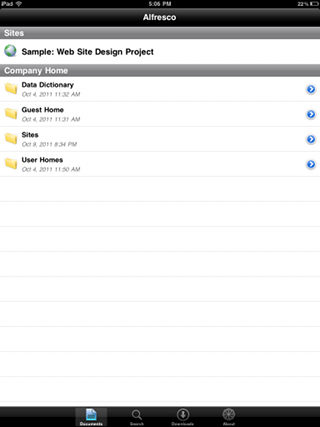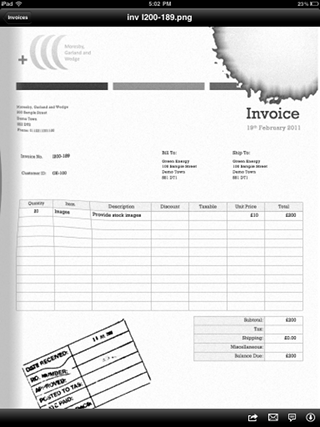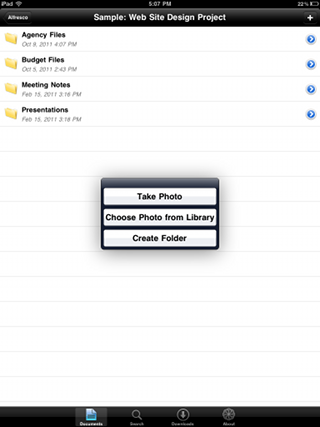I had so much fun putting on Alfresco DevCon last week in San Diego. You can read my short wrap-up on the Alfresco DevCon Blog. Claudia Saleh also provides Day 1 Re-Cap and Day 2 Re-Cap posts as well. And Claudia took a lot of great pics at the event and put them on Flickr. After London we’ll get all of the presentations from both events on SlideShare for everyone to enjoy.
We tried a lot of new things at DevCon last week. I thought I’d re-cap what worked well here:
Purposeful lunches. DevCon was two days. On Day 1, we assigned a technical topic to each lunch table and then made sure an Engineer was at each table to cover that topic. Attendees sorted themselves to the table they were interested in discussing over lunch. Some tables really worked their topic over thoroughly during lunch. Others used it as an icebreaker and then moved on to other stuff. On Day 2 we divided the tables up by geography and industry vertical. Most people I talked to liked the concept.
Engineering Office Hours. The concept is a repeat from our first DevCon, but this year we had a bulletin board with each Engineer, their bio, their picture, and a sign-up sheet. Attendees grabbed a slot, then met with their Engineer. This worked out really well. For London we’ll pre-print the time slots rather than have them be freeform.
Panel Discussion. Last year at DevCon in New York, the panel discussion was a little ad hoc. This year we put the panel discussion on the morning of the second day as a general session and that seemed to work. For London, we’re moving the panel discussion to the end of the second day so any questions that the day 2 sessions raise can be asked at that time. It should also give us a nice opportunity to recap the conference.
Alfresco Community Pledges. DevCon serves a lot of purposes. One is to energize and motivate people to get involved with the Alfresco community. I had some extra Alfresco “attitude” t-shirts so I decided to give them to people who would pledge to make some contribution to the community in the coming weeks and months. Here are some that we got via twitter.
@dev_kraig Kraig Van Houten
@Alfresco I #pledge to write one #alfresco related blog post per month
@SunilRehman Sunil Rehman
@Alfresco I #pledge to report 5 new #Alfresco 4.0 b bugs before thanksgiving
@WillWhite18 Will White
I #pledge to report at least 5 bugs in #Alfresco 4.0b before thanksgiving.
@Michaelcford Michael C Ford
@Alfresco I #pledge to answer 6 unanswered #Alfresco forum post in the next 3 weeks
@emmichie Eric Michie
I #pledge to host an #Alfresco meetup in my area twice this quarter. Salt Lake City Utah
@tenthline_ecm Tenthline
@tenthline_ecm will #pledge to host #Alfresco meetup in #Toronto twice this quarter.
@aaronaheath Aaron Heath
I #pledge to write one #Alfresco related blog post per month for the next 12 months. I will also become more active on the #Alfresco forum.
@perejnar Per Ejnar Thomsen
I #pledge to report 5 new (legitimate) #Alfresco 4.0b bugs before Thanksgiving
@dstaflund Darryl Stafflund
I #pledge to answer 6 unanswered #Alfresco forum posts in the next three Weeks.
@iancrew Ian Crew
I #pledge to write one #Alfresco related blog post per month.
@trisofer Chris Paul
@jeffpotts01 I #pledge to write one #Alfresco related blog post per month.
It was great to see these and to talk to people between sessions who said the conference was the kick in the pants they needed to get going again with their contributions.
Thanks to everyone who attended, sponsored, or spoke at DevCon San Diego. It exceeded my expectations and hopefully yours as well. I’ll report back here after London and we’ll see if these ideas were just as successful for that event.



